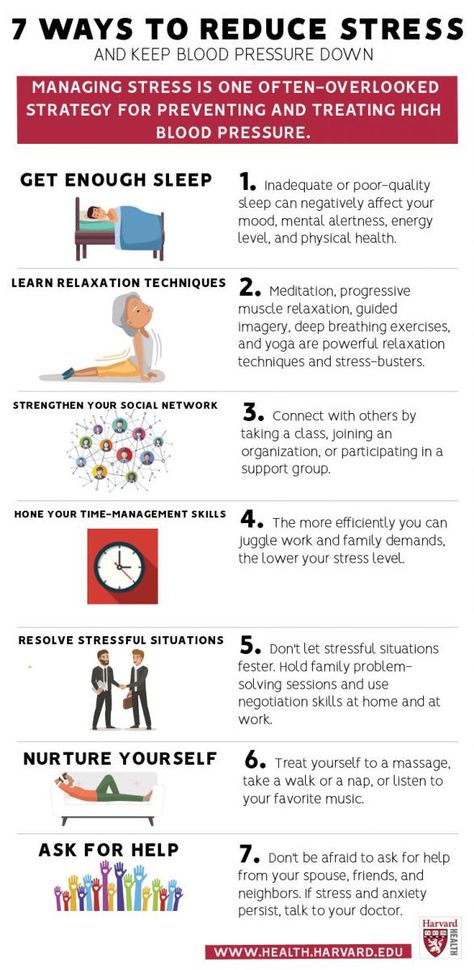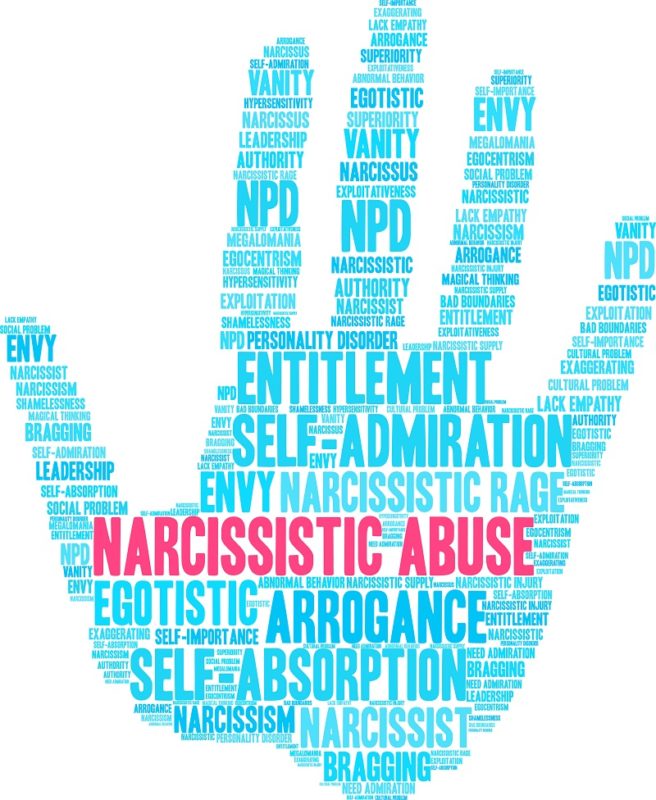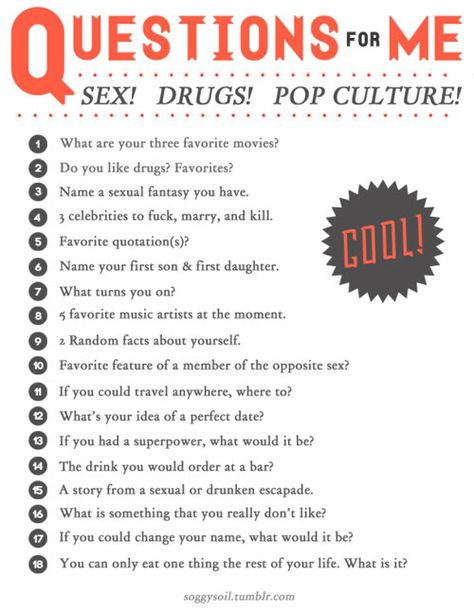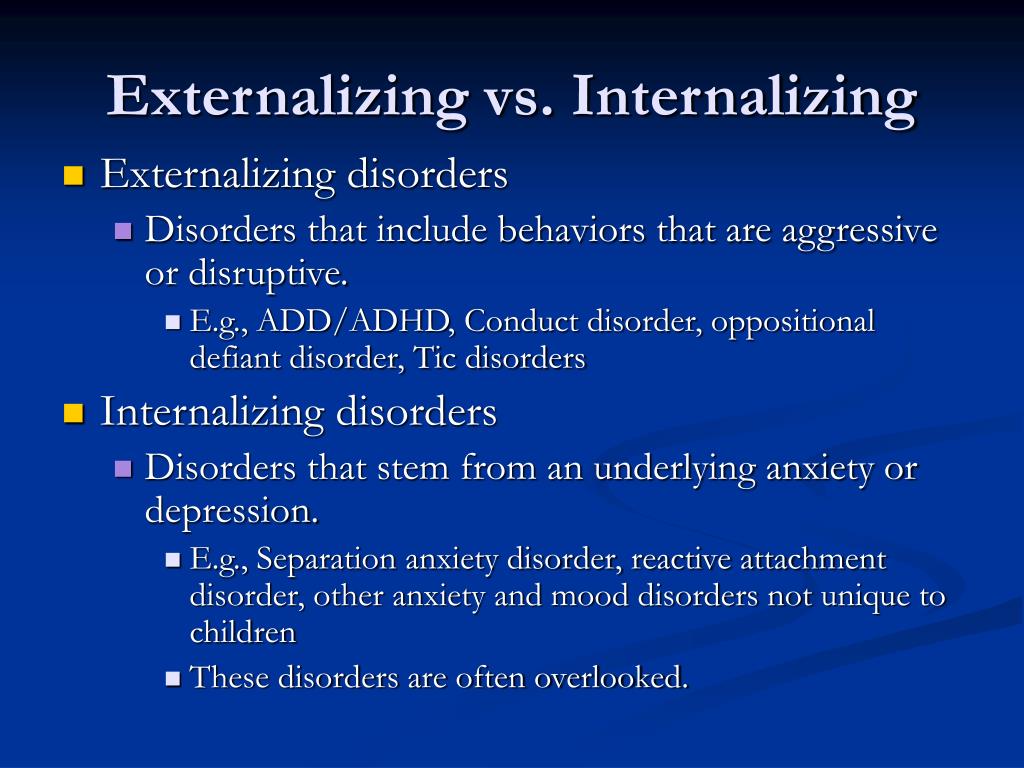Ways to prevent anxiety
Tips to help ease anxiety
Speaking of Health
Topics in this Post
- Anxiety
- Balance your mental and emotional health
- Family Medicine
- Behavioral Health
- COVID-19
Anxiety often is described as sustained and excessive worry that a person cannot control, and is related many times to the anticipation of a future threat, such as COVD-19 or a traumatic event. At times, anxiety can have a large and negative affect on our daily lives, work, relationships and overall happiness. Anxiety also can manifest as an irritable, worried, restless and debilitating stress response which can last for minutes to days. Most everyone has had anxiety surrounding a stressful situation.
Anxiety becomes an obstacle for a happy, healthy life when it affects our day-to-day lives in these ways:
Emotionally, anxiety can appear as:
- Excessive worry
- Fatigue
- Irritability
- Panic attacks
- Paranoia
- Poor concentration
- Restlessness
- Sleep disturbances
Physically, anxiety can appear as:
- Chest pain
- Diarrhea, stool pattern changes or upset stomach
- Headache
- Increased heart rate
- Muscle aches
- Shaking
- Shortness of breath
- Sweating
The negative effects of anxiety
Left unchecked, anxiety can negatively affect our lives in these ways:
- Interrupting daily life — Causing issues at home, school, work and socially
- Isolating us — Not wanting to participate in normal daily activities or take new steps in life due to fear
- Emotionally — Increasing our risk for depression, suicide and failure to progress in life
- Physically — Increasing our risk for physical distress, nausea, vomiting, diarrhea, constipation, chest pain and tremors
- Mentally — Increasing our risk for financial complications, poor decision-making and poor communication
Tips to help combat anxiety
There are a number of things you can try to help combat anxiety, including:
- Behavioral therapy
- Deep breathing
- Exercise
- Journaling
- Meditation
- Reading
- Socializing, following pandemic guidelines of social distancing, masking and hand hygiene)
- Speaking with your health care provider
- Spirituality
- Thought reframing
When to seek advice or treatment from a medical professional
It's recommended you speak to a health care provider about your anxiety should any of these situations occur:
- Your anxiety becomes an obstacle — In any aspect of everyday living, often causing difficulties for six or more months
- Your anxiety becomes a negative influence in relationships — Creating barriers in life
- Your anxiety leads to isolation — Producing thoughts of hopelessness or helplessness
- Your anxiety controls your life — When your emotional or physical response to excessive worry is controlling your life in some aspect or another
A person with anxiety can seek support from a therapist, medical provider, family member, friend, community support person, crisis line resource or a crisis center. Depending on the severity of your anxiety, a behavioral therapy plan, anti-anxiety medication and/or coping mechanisms may be directed to your personal situation.
Recognition of anxiety is a key factor in dealing with excessive worry and moving forward in life. If you have any of the above symptoms or have difficulty controlling worry in your life, ask yourself if it could be anxiety you're experiencing. It's important to share any concerns of excessive worry with your health care provider so we can help you identify ways to address your anxiety and move past the debilitation of excessive worry.
If COVID-19 has increased your anxiety, learn ways to tame anxiety during the pandemic, and get tips for mindfulness and coping.
Jill Christensen is a Family Medicine nurse practitioner in Waterville, Minnesota.
For the safety of our patients, staff and visitors, Mayo Clinic has strict masking policies in place. Anyone shown without a mask was either recorded prior to COVID-19 or recorded in a non-patient care area where social distancing and other safety protocols were followed.
Topics in this Post
- Anxiety
- Balance your mental and emotional health
- Family Medicine
- Behavioral Health
- COVID-19
Self-care tips during the COVID-19 pandemic
COVID-19 and spiritual life: What do we do now?
Brushing off the 'social rust'
Tips and Strategies to Manage Anxiety and Stress
A Featured Image
At some point, anxiety and stress affect everyone. They can manifest differently in different people, and the level of anxiety one experiences can vary, but there is one thing for certain: there are ways to manage anxiety, even if it feels out of control.
Of course, if anxiety is affecting your everyday life and getting in the way of your daily productivity for an extended period, please seek assistance. Find Help
Information about causes and treatment goes a long way in helping to understand anxiety and stress, but there are also some physical and mental things you can do when feeling anxious or stressed.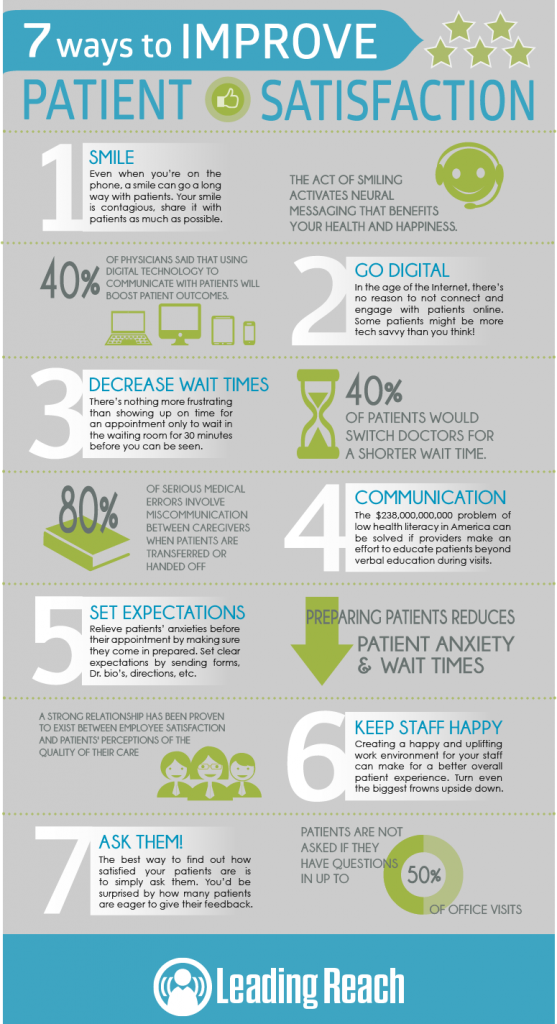 Some coping strategies from ADAA’s experts include:
Some coping strategies from ADAA’s experts include:
Coping Strategies
Try these when you're feeling anxious or stressed:
- Take a time-out. Practice yoga, listen to music, meditate, get a massage, or learn relaxation techniques. Stepping back from the problem helps clear your head.
- Eat well-balanced meals. Do not skip any meals. Do keep healthful, energy-boosting snacks on hand.
- Limit alcohol and caffeine, which can aggravate anxiety and trigger panic attacks.
- Get enough sleep. When stressed, your body needs additional sleep and rest.
- Exercise daily to help you feel good and maintain your health. Check out the fitness tips below.
- Take deep breaths. Inhale and exhale slowly.
- Count to 10 slowly. Repeat, and count to 20 if necessary.
- Do your best. Instead of aiming for perfection, which isn't possible, be proud of however close you get.
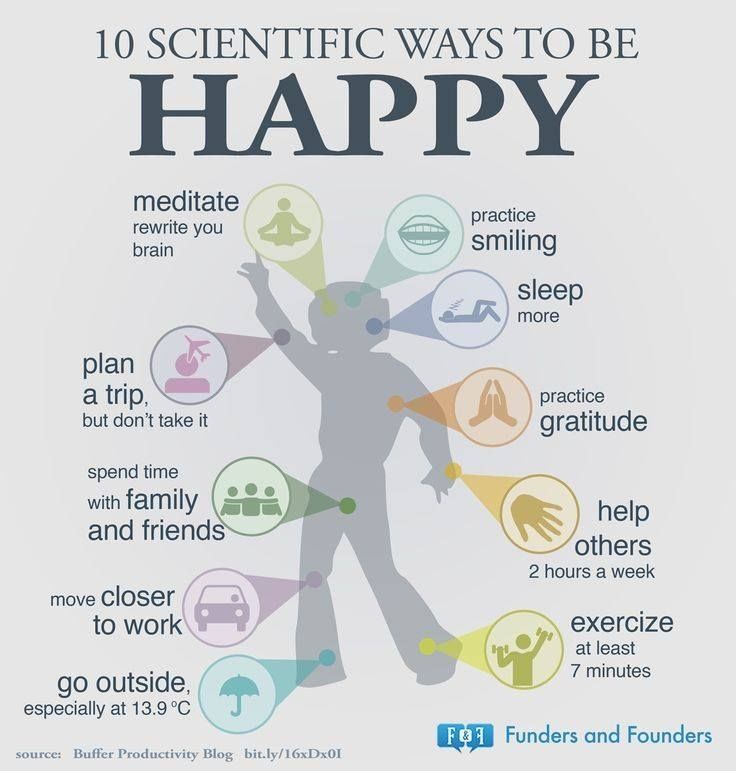
- Accept that you cannot control everything. Put your stress in perspective: Is it really as bad as you think?
- Welcome humor. A good laugh goes a long way.
- Maintain a positive attitude. Make an effort to replace negative thoughts with positive ones.
- Get involved. Volunteer or find another way to be active in your community, which creates a support network and gives you a break from everyday stress.
- Learn what triggers your anxiety. Is it work, family, school, or something else you can identify? Write in a journal when you’re feeling stressed or anxious, and look for a pattern.
- Talk to someone. Tell friends and family you’re feeling overwhelmed, and let them know how they can help you. Talk to a physician or therapist for professional help.
Fitness Tips: Stay Healthy, Manage Anxiety andStress
For the biggest benefits of exercise, try to include at least 2½ hours of moderate-intensity physical activity (e. g. brisk walking) each week, 1¼ hours of a vigorous-intensity activity (such as jogging or swimming laps), or a combination of the two.
g. brisk walking) each week, 1¼ hours of a vigorous-intensity activity (such as jogging or swimming laps), or a combination of the two.
- 5 X 30: Jog, walk, bike, or dance three to five times a week for 30 minutes.
- Set small daily goals and aim for daily consistency rather than perfect workouts. It's better to walk every day for 15-20 minutes than to wait until the weekend for a three-hour fitness marathon. Lots of scientific data suggests that frequency is most important.
- Find forms of exercise that are fun or enjoyable. Extroverted people often like classes and group activities. People who are more introverted often prefer solo pursuits.
- Distract yourself with an iPod or other portable media player to download audiobooks, podcasts, or music. Many people find it’s more fun to exercise while listening to something they enjoy.
- Recruit an “exercise buddy.” It's often easier to stick to your exercise routine when you have to stay committed to a friend, partner, or colleague.
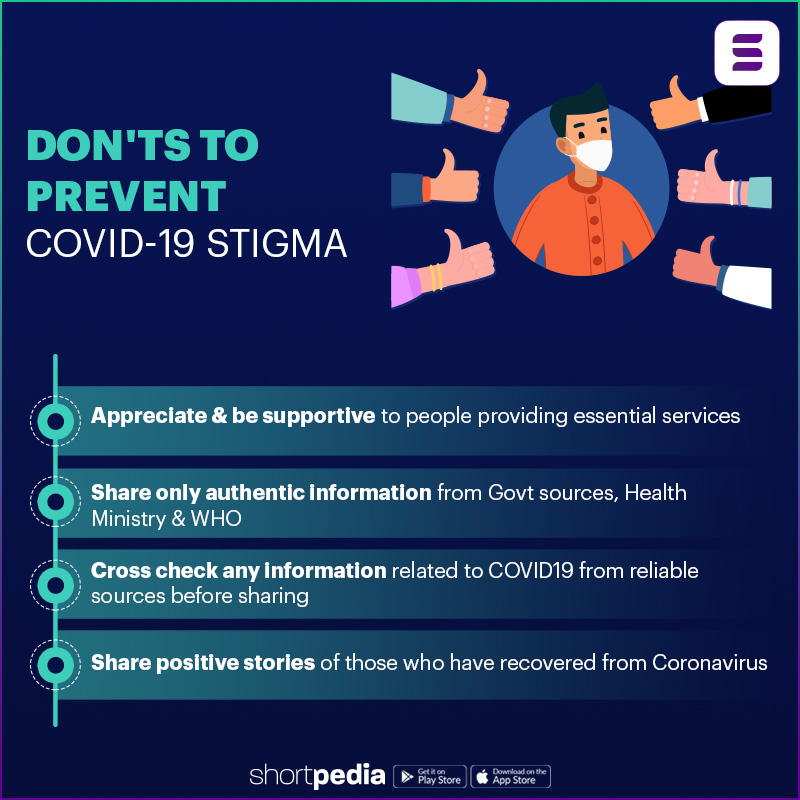
- Be patient when you start a new exercise program. Most sedentary people require about four to eight weeks to feel coordinated and sufficiently in shape so that exercise feels easier.
Learn about some common anxiety myths and misconceptions
Generalized Anxiety Disorder (GAD)
- Understanding GAD
- Symptoms
- Treatment
- Myths & Realities
- Resources
ADAA Resources
Webinars:
- Book Conversations - 3 Part Series on Overcoming Anxiety
- Calming the Inner-Chatter of Your Mind
- Thriving with Anxiety and Depression
- What Are Intrusive Thoughts and How Can You Deal with Them?
- Outsmart Your Anxious Brain
- The Mindful Way Through Anxiety
- Get Unstuck from Depression and Anxiety with Acceptance and Commitment Therapy
- Building the Confidence to Manage Anxiety, ADHD, and Executive Function
Blogs:
- Learning to Live Well with Worry
- Why Anxiety Should Not Be Feared
- SSRIs and Benzodiazepines for General Anxiety Disorders (GAD)
RESOURCES AND NEWS
Evidence-based Tips & Strategies from our Member Experts
RELATED ARTICLES
Block reference
Blog
10 Tips to Manage the Uncertainty and Stress of the Midterm Elections
10 suggestions from a clinical psychologist to make it through this stressful period of political…
Read More
Load More
Webinar
Managing Election Stress
Anxiety and stress related to politics and elections affects us all. ADAA partners with Menninger…
ADAA partners with Menninger…
Read More
Load More
TAKING ACTION
BabyGirl's Enduring Impact: Helping Those with Anxiety and Depression
BabyGirl was a miniature (puddin) Jack Russell who was 8 years old and only 6 pounds. She was…
Read More
Load More
PERSONAL STORY
Unsaid Feelings Never Left Unsaid nor Unheard
And I will write. I will write until it hurts no more. I will write until the agony left expressed…
Read More
Load More
How to cope with anxiety: 7 ways to help ‹ GO Blog
Anxiety is an emotional state caused by the expectation of danger or threat. While fear is a basic human emotion associated with the instinct of self-preservation, and appears directly at the moment of danger.
The terms "fear" and "anxiety" are not synonymous, but they can be used interchangeably when it comes to situational anxiety (state at a given moment in time).
In the normal state, the self-preservation function encourages action, but there are also moments of apathy when anxiety intensifies.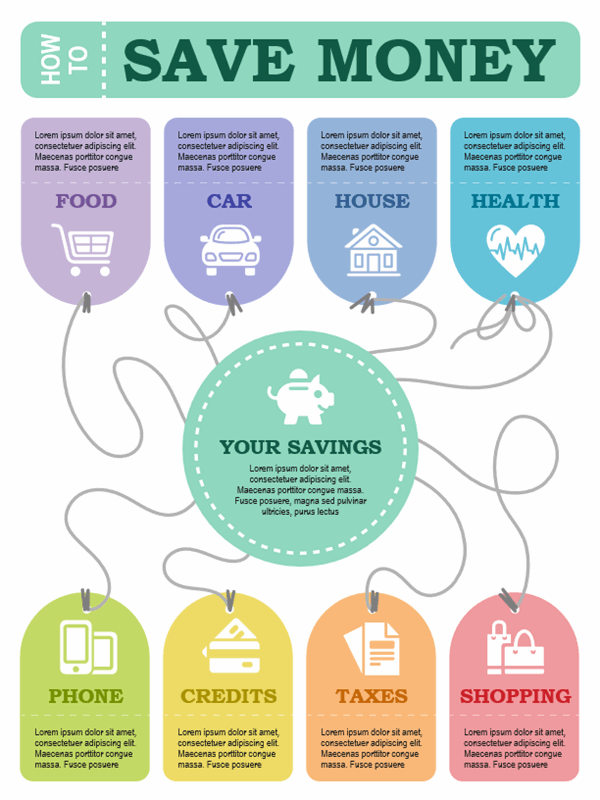
We will tell you how to cope with anxiety on your own and determine its level in yourself.
Read more: "9 Proven Ways to Beat Procrastination"
How to Measure Anxiety
American psychologist Charles Spielberger studied more than 117 signs of human anxiety and created a scale to determine its level. His "assessment of the level of anxiety" is divided into situational and personal. Situational is responsible for the state at a given moment in time and the influence of external circumstances - for example, self-isolation. Personal - character of a person.
To determine “your level” of anxiety, you can take a test of 40 short questions.
What causes anxiety
The main factors that provoke increased anxiety in us are loneliness, problems at work, problems in relationships, health, environment and all sorts of conflicts.
Our way of life also has a great influence. For example, we are more likely to experience anxiety states if we are constantly on the phone or watching the news on TV.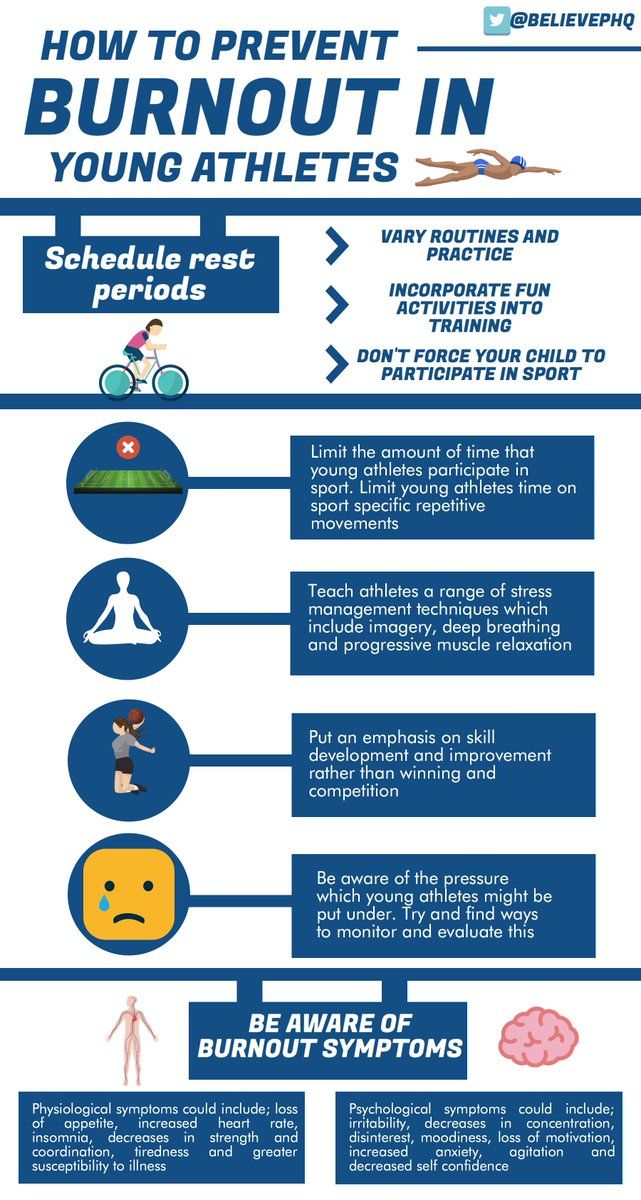 Digital progress has certainly made our life faster and better, but we pay for this comfort with an additional level of stress, new fears and complexes due to the large flow of news.
Digital progress has certainly made our life faster and better, but we pay for this comfort with an additional level of stress, new fears and complexes due to the large flow of news.
Try to minimize the number of hours spent on the Internet. Go outdoors, read, do yoga, cook, cross-stitch, build LEGOs – there are so many more options than you might think.
Stages of anxiety
– Waiting alarm. People who foresee the most unfavorable of all possible situations suffer. Such anxiety can appear at certain moments or haunt a person constantly.
– Anxiety in the form of phobias is associated with certain situations and objects. For example, fear of loneliness, spiders or darkness. May be a clinical case if expressed in the form of panic attacks.
- Neurotic anxiety. This form of anxiety is the most serious and is found in many psychological diseases: hysterical, schizoid. There is a pathological level of fear here that destroys the mental health of a person.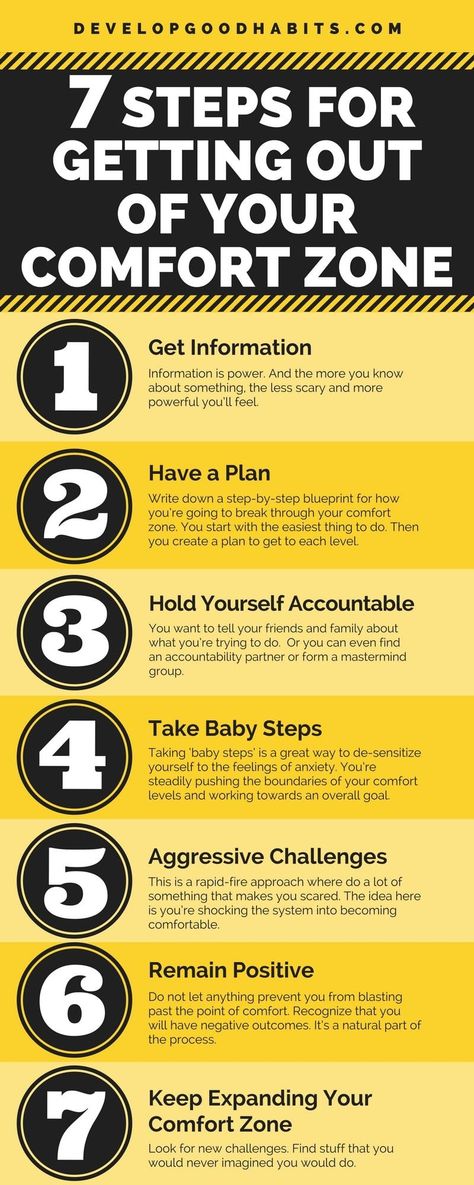
The whole planet is now in fear of waiting due to the incessant flow of news and uncertainty. "Fear of waiting" or "free fear" is formed due to the information flow in which we are constantly immersed. The tools that help to cope with situational anxiety, which has no connection with clinical cases, will be described below.
False alarm
Feelings of fear are easily confused, so before we talk about how to get rid of anxiety, we will learn how to identify it.
There are situations when we do not distinguish between emotions, so the so-called "false alarm" is formed. In this case, the first thing psychologists can advise is to learn how to isolate anxiety from a large stream of other emotions. Observe for yourself - in what situations you are overcome by anxiety. Divide these situations into those in which anxiety is justified and those where it is not.
For example, you are on a bus and as you approach the bus stop, you are overtaken by a feeling of anxiety.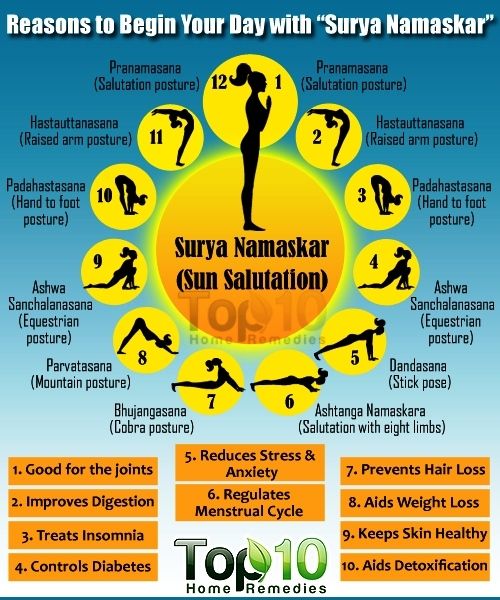 On the one hand, this may be due to fear that you will miss your stop, or a sense of shame, as it is embarrassing to ask the driver to stop the car.
On the one hand, this may be due to fear that you will miss your stop, or a sense of shame, as it is embarrassing to ask the driver to stop the car.
Another example is when you want to ask the teacher in class, but you are afraid to raise your hand. This fear may arise from self-doubt and the expectation that classmates will laugh at you.
Sometimes anxiety is born from some other feelings, such as shame or insecurity. Realizing this and overcoming it, you no longer have a reason for concern, and with it the state of anxiety disappears.
Read more: “How to stop being shy and get rid of the language barrier”
How to cope with anxiety
Detail
Alarm often occurs due to uncertainty in actions and feelings. First, try to find out what causes anxiety. For example, you are worried about being fired from your job. Before you panic, look at the facts: look at the state of the market and the area in which your company operates, evaluate the workload at work now and predict the task plan for the next month.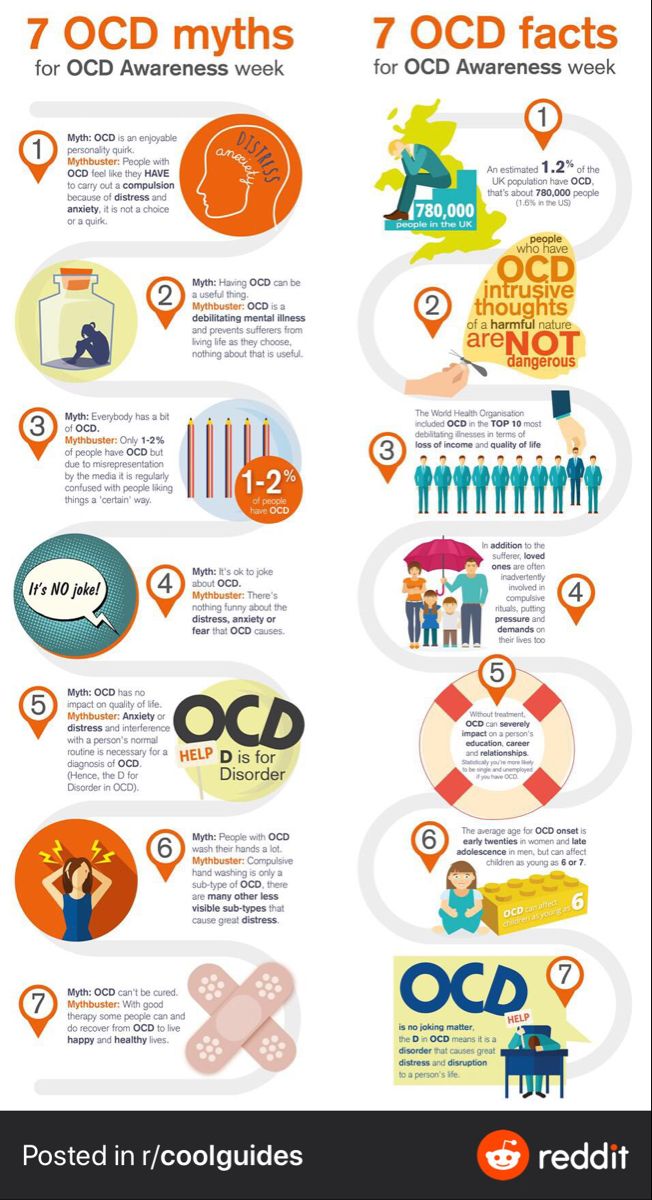 And this applies not only to work, but to any area in which you feel anxiety.
And this applies not only to work, but to any area in which you feel anxiety.
Usually such an exercise helps to see the true picture. If you understand that while everything is under control, you can exhale, if not, proceed to your detailing. Write out a detailed plan of action that will help you avoid uncertainty and tell you how to act in any situation:
-
Write down what skills you have and where they can be useful. For example, being an illustrator or photoshop, having a driver's license and owning a car, copywriting skills, etc.
-
Edit your resume and prepare some cover letters to the employer about yourself.
-
Build your own range of services, from the most preferred activities to the least interesting.
-
Leave a list of potential employers to whom you can offer your services. The bigger, the better.
-
Write to them!
The work done will help you feel more confident and have a plan to get out of a crisis situation.
Sometimes anxiety arises from the conviction that we will not cope with this or that action. A visual picture of your skills will always help to believe in yourself. When you read your list, you will realize that you can achieve a lot, despite the circumstances.
Read more: “4 things on your resume that will help the employer to choose you”
Use exposure therapy
A complex combination of words with a simple meaning - a meeting with your problem "on the forehead." It is important to understand that this is NOT a fight against a problem. The point is to acknowledge the existence of anxiety, not to get rid of it completely.
Don't ignore things that make you feel anxious. For example, to move up the career ladder, you need to learn English, but you haven’t opened your textbook for three days and you constantly scold yourself for it. This lowers your self-esteem and increases your anxiety about your success at work and in life.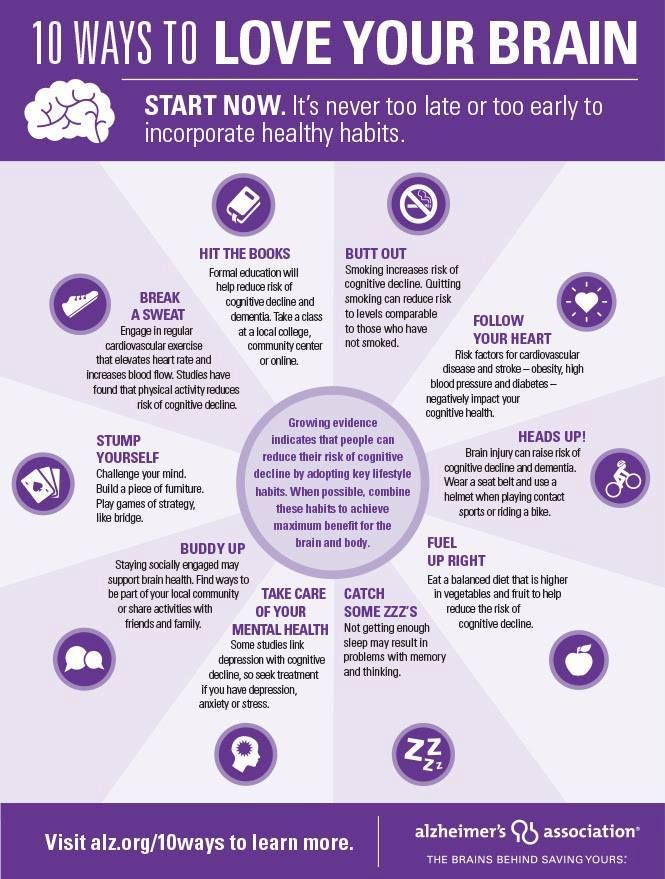
Give yourself a full day of rest without worries or self-criticism. Imagine that this is an official vacation or vacation. And then gradually get down to business: you can start with one page of English text per day or a five-minute video. Gradually, you will accustom your body to the load and develop a habit.
Keep a sleep schedule
It is during sleep that growth hormone is produced, which is responsible for the restoration of our body, including the nervous system. Especially if we go to bed before 12 o'clock at night.
The BBC TV show Trust Me I'm a Doctor, in collaboration with the University of Oxford, did a little experiment on how sleep affects our psychological state. The study involved people who are distinguished by "strong sleep". During the experiment, the participants were given conditions: in the first three nights they had to sleep for 8 hours, which is the norm, and the next three nights - for 4 hours. Every day, the subjects answered questions that helped determine changes in their psychological state, behavior and emotions.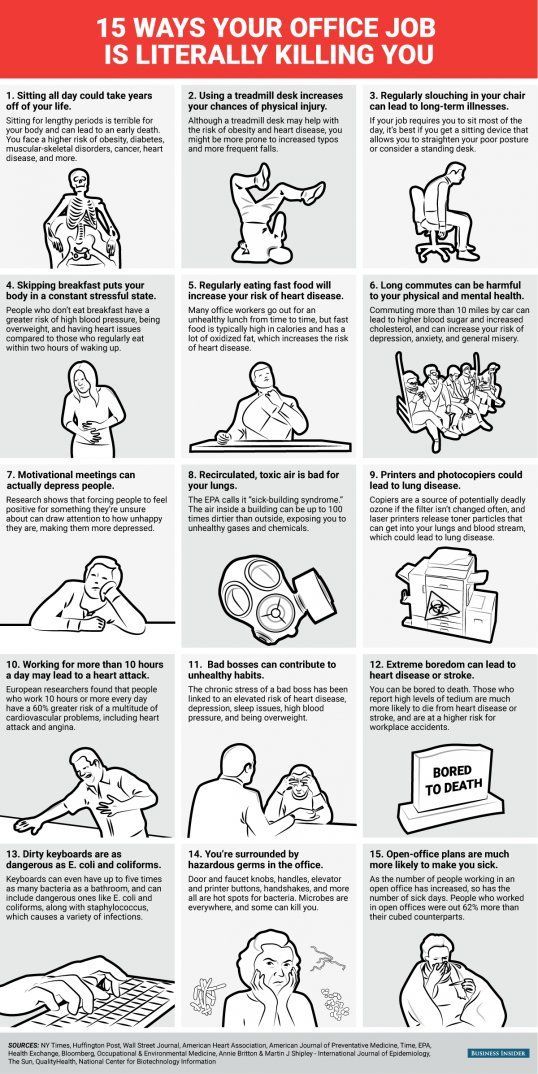 The results showed that after two nights of sleep deprivation, negative emotions began to predominate in the subjects, as well as an increase in distrust of others and aggression.
The results showed that after two nights of sleep deprivation, negative emotions began to predominate in the subjects, as well as an increase in distrust of others and aggression.
The study also shows that insomnia is not always the result of mental disorders, sometimes it is lack of sleep that provokes the appearance of psychological problems.
Switch
It is important to periodically switch from one activity to another - for example, from physical activity to mental activity. So, when you go in for sports, there is a restoration of brain functions due to the supply of oxygen. And with mental stress, the muscular system is restored by improving blood flow in the muscles.
A simple alternation of work and study with a little physical activity will improve the functioning of the body's metabolic processes, and at the same time speed up the restoration of the nervous system, contributing to its strengthening.
Meditate and breathe
Meditation and breathing are sure helpers in overcoming psychological instability.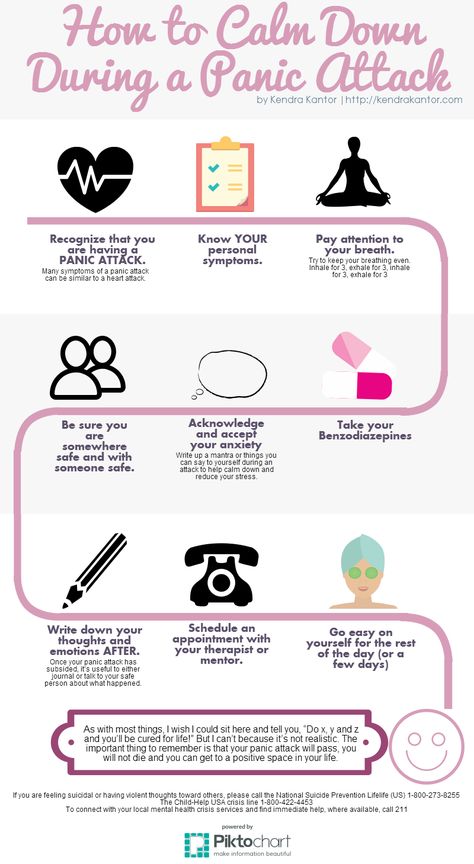 A Johns Hopkins University study found a relationship between meditation practice and reduced symptoms of depression and anxiety. The team of researchers found that the effect of meditation is comparable to the effect of depressants - in this case, being a more useful solution to the problem, as it does not cause side effects. Meditation also helps to switch the work of the brain and focus on yourself, and not on the "noise" around.
A Johns Hopkins University study found a relationship between meditation practice and reduced symptoms of depression and anxiety. The team of researchers found that the effect of meditation is comparable to the effect of depressants - in this case, being a more useful solution to the problem, as it does not cause side effects. Meditation also helps to switch the work of the brain and focus on yourself, and not on the "noise" around.
Breathing techniques are equally beneficial: they improve blood circulation and help to speed up the overall metabolism. Also, the deep breathing technique, combined with relaxation exercises, reduces nervous tension well.
Abstract
Routine helps reduce anxiety. Engage in hobbies, watch movies, clean up, play sports - try to periodically disconnect from the news flow and take time for yourself and your body.
Read more: "What to do with a child at home at any age"
If your anxiety does not go away, consult a doctor - this way, you can quickly understand yourself and solve internal problems! Do not forget that your health is the most valuable thing and going to a specialist is an act that you do primarily for yourself.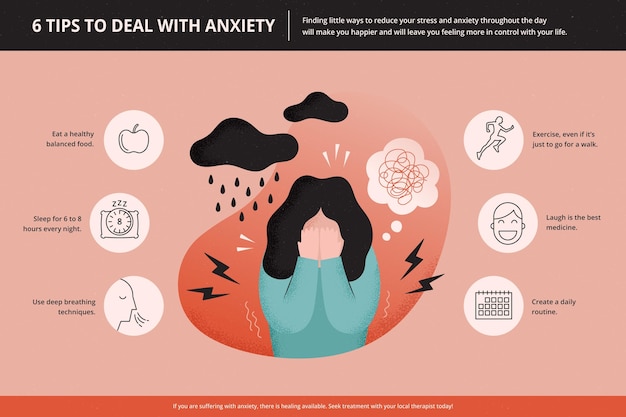
Child anxiety. 7 tips to cope with it
Nature has built in our body the ability to worry. Worry and anxiety are really useful when they push us to take action and solve problems. They cause a feeling of discomfort and this is normal: after all, we would hardly be saved in a dangerous situation if the experience of anxiety was similar to the state of inspiration when listening to our favorite song.
But if you are often preoccupied with the thoughts “what if?”, “something bad is going to happen”, “I have to control everything” and feel constant tension, then this anxiety becomes a problem. After all, you have to spend a lot of energy and time on it. It's like walking on level ground with the same effort as climbing steep stairs.
Chronic anxiety is a habit of thought that can be changed. And the good news is that you can train your brain, your behavior, change your attitude to experiences, to the very state of anxiety and open up new roads and horizons.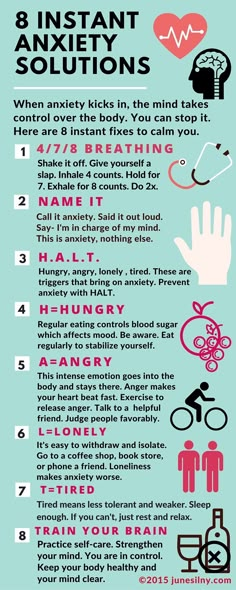
On the one hand, we may think that our constant anxiety can get out of hand, drive us crazy or harm our health. On the other hand, that experiences help us avoid something bad, prepare for the worst, or come up with solutions to bad scenarios in advance.
"Worry about worry" adds strength to our experiences and keeps them going (just as worrying about getting to sleep often prevents us from falling asleep). But positive beliefs about worry can be even more damaging. It's hard to break the habit of worrying if we think that worrying is protecting us. To stop worrying, we must give up our belief that constant worrying is justified and serves us well.
“After the birth of a child, I looked at the word “anxiety” in a new way”
Childbirth is a hormonal storm for the body, and after them, many diseases often either become aggravated or, on the contrary, disappear. Evolutionarily conditioned, in order to save the offspring, the mother needs to be more anxious, since the newborn cannot stand up for himself, and this is absolutely normal.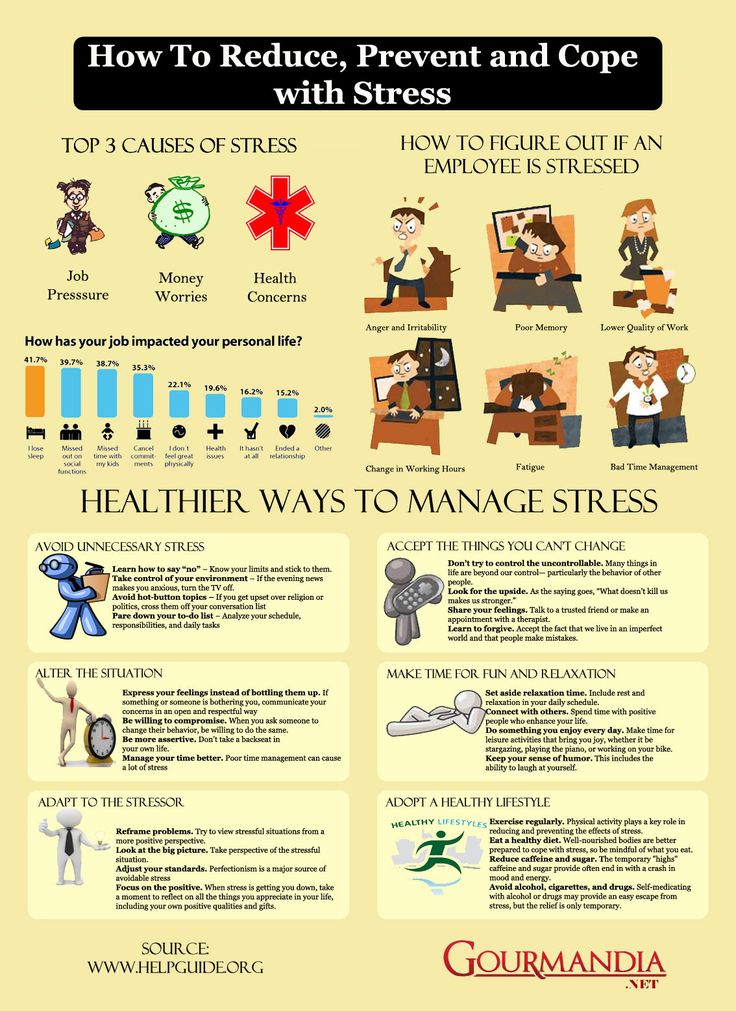 Every day this need is decreasing, but many women (and men too) reinforce this pattern of behavior, which is also reinforced by social pressure. We all know the phrase “What kind of mother are you if you don’t worry about the child.”
Every day this need is decreasing, but many women (and men too) reinforce this pattern of behavior, which is also reinforced by social pressure. We all know the phrase “What kind of mother are you if you don’t worry about the child.”
“How not to worry? This is my child, I want him to grow up healthy and smart.”
Unfortunately, trying to protect the child from all dangers, we take away from him the ability to develop independence and self-confidence. Maybe the child will get higher grades, but how will this affect his life in the future?
Don't forget! Next to the need for security, another basic need of the child for AUTONOMY / INDEPENDENCE appears. According to statistics, children who grow up with anxious mothers, who often do not satisfy this need, achieve less in their careers, and also experience difficulties in their personal lives.
Yes, many people show their concern and love with their anxiety, but do the children themselves feel it? Are there other ways to show your love to convey to your children?
"It's very easy to say don't worry, but how do you do it?"
Advice 1.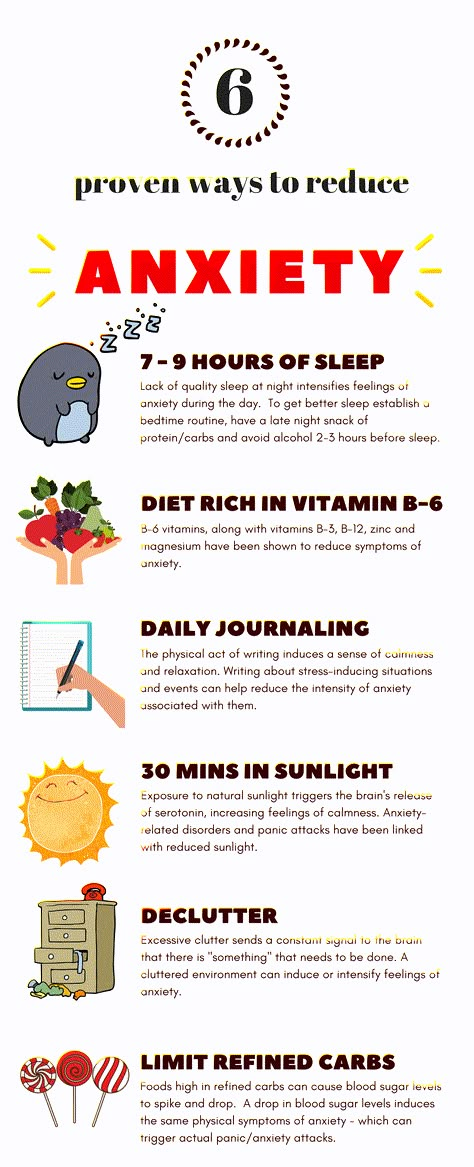 Isolate yourself from the source of anxiety for the first time.
Isolate yourself from the source of anxiety for the first time.
Try to cut down on reading medical literature, drug instructions, “people's advice”, spend less time on forums. There are medical professionals who have been studying for about a decade and can filter the information that is useful from the information that is harmful to your child. Even the most illiterate doctor with the wrong treatment will provide better help than "traditional medicine" from the Internet.
Advice 2. Determine what you are experiencing and separate useful experiences from unhelpful ones.
An alarm is useful if:
- I can influence events or a problem;
— the theme of the experience is real, that is, what I worry about can happen in principle;
- there is a high probability that the event that I am worried about can happen.
If you have identified the experience as helpful, write a plan for solving the problem or describe how you will deal with the situation.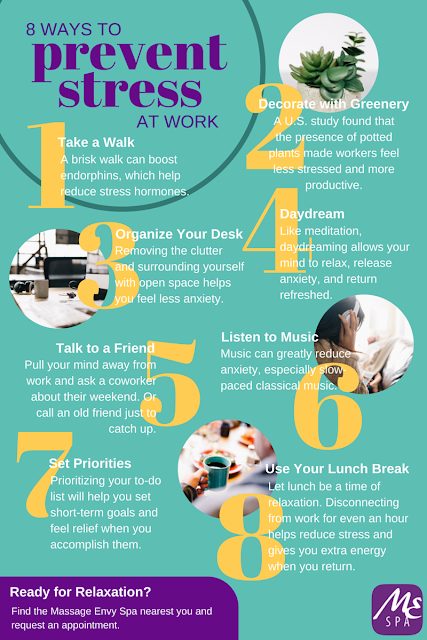 If you can't fix the problem right away, schedule a time when you can.
If you can't fix the problem right away, schedule a time when you can.
If you have identified the experience as unhelpful, just let it go (but don't drive it away) and turn your attention to some activity. It is better if it is exciting and interesting. At first it will be difficult to do, but as you practice, it will become easier to let go of experiences and switch.
Advice 3. Set aside special time for worries and learn to postpone worry.
Create a "worry period". Pick a time and place for your worries (it shouldn't be bedtime) and clear them out of the rest of the day.
Put your worries aside. If an unsettling thought or worry pops into your head during the day, briefly state it and then move on with your day. Remind yourself that you will have time to think about this later, so there is no need to worry about it right now.
Allow yourself to experience only the amount of time you have chosen for your worry period. If these experiences don't seem important, shorten your worry period and enjoy the rest of your day.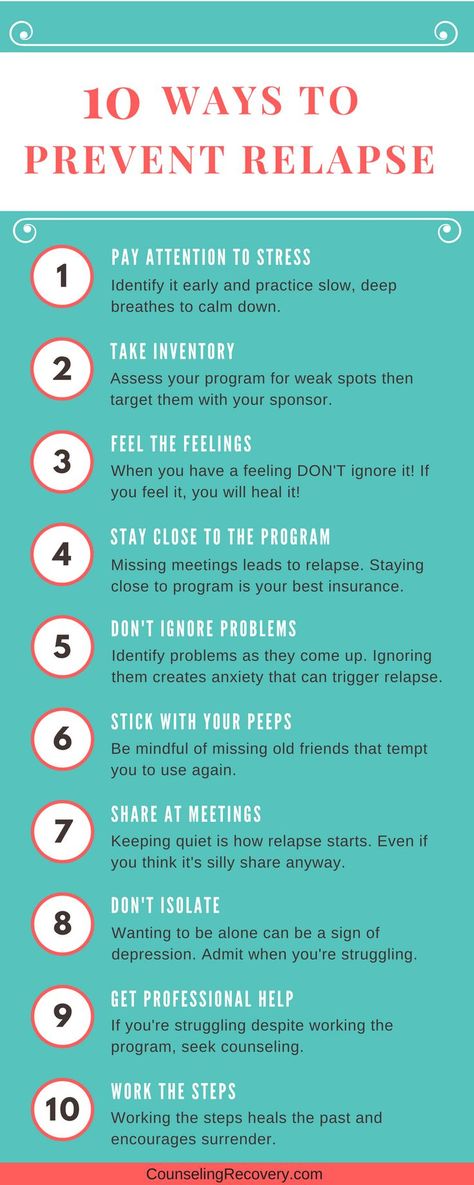
In this way, you break the habit of dwelling on experiences when you have other things to do, but at the same time there is no “do not think about the white monkey” effect.
Tip 3. Be realistic about the situation instead of suspecting danger in everything.
A few questions will help you figure it out
- Are my predictions based on facts or feelings?
- Am I paying attention to all the information or just the negative part of it?
- How bad would it be if that happened?
- What is the worst thing that can happen in this situation?
- How can I deal with this?
- What happened in the past on such occasions?
Tip 4. Treat your anxious thoughts as a false danger signal.
The answers to these questions are best written down on paper
- What is the evidence that the thought is true? Is there any evidence that she is wrong?
- Is there a more positive, realistic way of looking at the situation?
- What is the probability that what I fear will actually happen?
- What are the more likely outcomes?
- How often have I seen a negative outcome before? And how often did these predictions come true?
- How does experience help me? How do they harm me?
- What advice would I give to a friend in this situation?
Tip 5. Embrace anxiety instead of avoiding it.
Embrace anxiety instead of avoiding it.
In order to get rid of anxiety, we can resort to non-constructive and destructive ways of responding to experiences: overeating, scrolling social media feeds for a long time, getting angry at ourselves, or avoiding situations associated with anxiety.
To overcome something, we need to go through it. Anxiety is not a threat at all, it is a passing reaction of your consciousness, it is not at all dangerous. Anxiety does not need to be controlled, it is not necessary to run away from it. It's like an alarm that's just set off by noise, and it'll go off on its own. When you stop giving your energy to anxiety, it will go away on its own. Instead of avoiding anxiety, treat it as a rewarding experience. Sometimes discomfort is our friend that tells us that we are moving forward.
Tip 6. Accept uncertainty.
The inability to tolerate uncertainty plays a huge role in experiences. Chronic worries cannot stand doubt or unpredictability.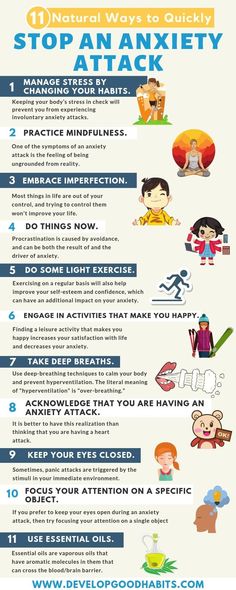 They need to know with 100% certainty what will happen. Anxiety is seen by us as a way to predict what awaits us in the future. This is a way to prevent unpleasant surprises and control the situation. The problem is that it doesn't work.
They need to know with 100% certainty what will happen. Anxiety is seen by us as a way to predict what awaits us in the future. This is a way to prevent unpleasant surprises and control the situation. The problem is that it doesn't work.
Thinking about all the things that could go wrong doesn't make life more predictable. You may feel more secure when you're worried, but that's just an illusion. At the same time, focusing on anxiety and worries about the future, it is unlikely that you will be able to enjoy the good, pleasant, pleasing that you have right now, in this present.
Is it possible to be sure of everything in life?
What are the benefits and harms of complete certainty in life?
Is it possible to know in advance for sure about all the events that can happen to us?
Is it possible to live with the ignorance that something negative can happen, given the fact that the probability of this event is very low?
Think about what you do every day, already accepting uncertainty (meeting people, driving a car, eating at a party or catering, etc.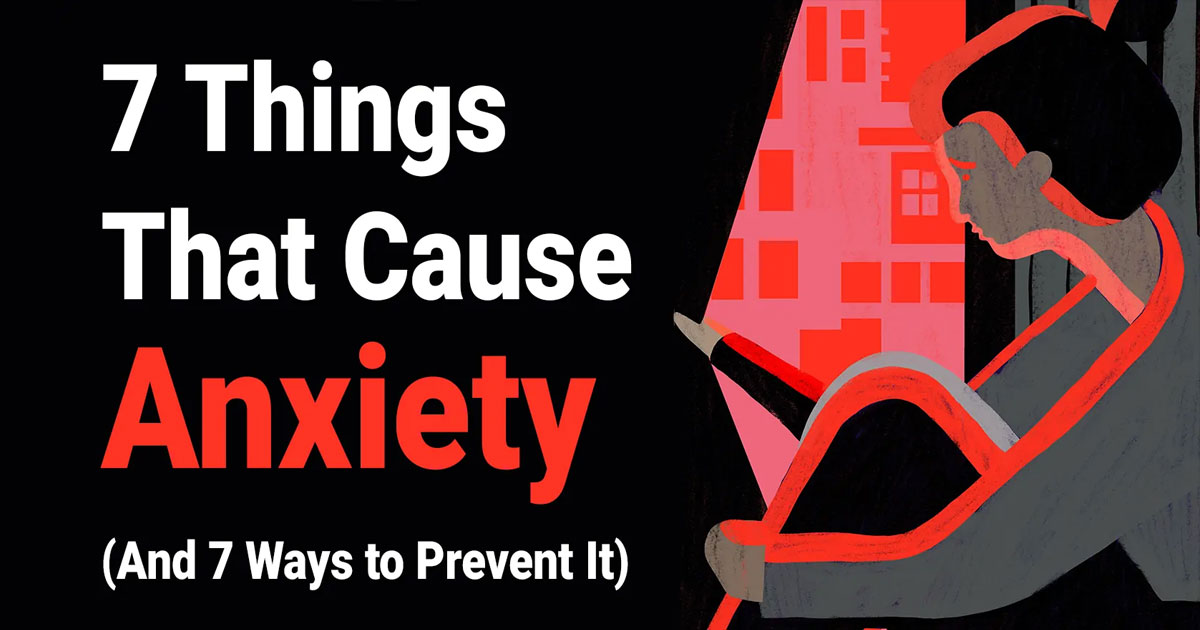 )
)
Tip 7. Practice mindfulness.
Anxiety is usually focused on the future - on what might happen and what you will do about it. Mindfulness practices can help you let go of your worries by bringing your attention back to the present. Unlike previous methods of challenging your anxious thoughts or postponing them until a period of worry, this strategy is based on nonjudgmental observation.
Record and observe your anxious thoughts and feelings. Don't try to ignore, fight or control them as usual. Instead, just observe them without reacting or judging.
To cope with anxiety, one has to practice daily for several months. Do not strive for perfection and do not expect immediate results. Take small steps every day and gradually you will begin to live your life more vividly and interestingly.
“What if I fail to not worry?”
Remember, the goal is not to get rid of anxiety, but to learn how to cope with it. Besides, it’s perfectly normal when something doesn’t work out for us.